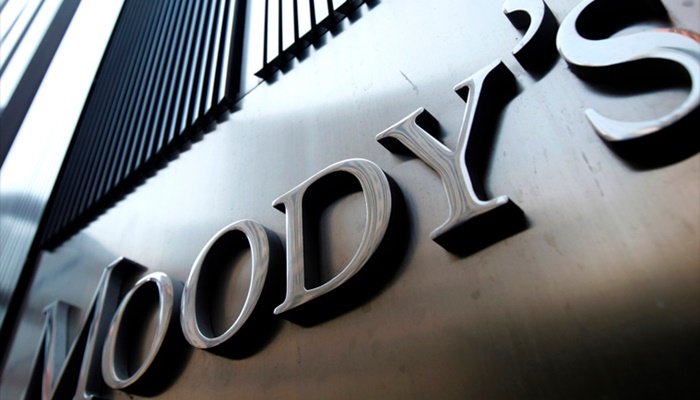
As fallout of the rampaging coronavirus pandemic and oil price slump, Moody’s Investors Service has changed from stable to negative the banking system outlook for South Africa, Nigeria and Morocco.
It stated in a report on Monday that in all three countries, the outbreak would cause banks’ asset quality to deteriorate and put pressure on profitability, while slowing economic growth.
On Nigeria, Moody’s stated, “In Nigeria, banks will face weakening loan quality and foreign-currency liquidity as low oil prices and the pandemic weigh on the economy.
“These new challenges add to existing headwinds from slow economic growth and rising regulatory costs. Banks’ exposure to the oil and gas industry is substantial, at around 27 per cent of total loans at the end of 2019, making the system susceptible to the oil price slump.”
It also noted, “The banking system is also highly dollarised, putting pressure on both assets and liabilities in the event of a naira devaluation.
“Nigeria’s largest banks, however, will continue to benefit from high government support.”
Moody’s stated that in South Africa, the outbreak would exacerbate the already challenging operating environment and weaken the creditworthiness of banks over the next 12 to 18 months by hurting loan performance and profitability as well as business growth.
It added that the fiscal package announced last week with regulatory measures to ensure adequate liquidity in money and government bond markets and the loosening of capital requirements to free capital for on lending by banks would provide some support.
“Despite these measures and the banks’ solid risk management, we still expect a material deterioration in the credit risk exposure of South African banks,” it stated.
Moody’s stated that in Morocco, the outbreak would weigh on growth and add to the problem of low rainfalls hurting the agriculture sector.
It stated that the impact would be partly offset by lower energy import prices, given that Morocco is an oil importer.
Moody’s stated, “We expect problem of loans to rise due to borrower concentration, with significant exposure to the SMEs in Morocco and sub-Saharan Africa countries.
“Although Moroccan banks’ capitalisation is relatively modest, they benefit from good access to funding and liquidity, which will help buffer the impact.”






